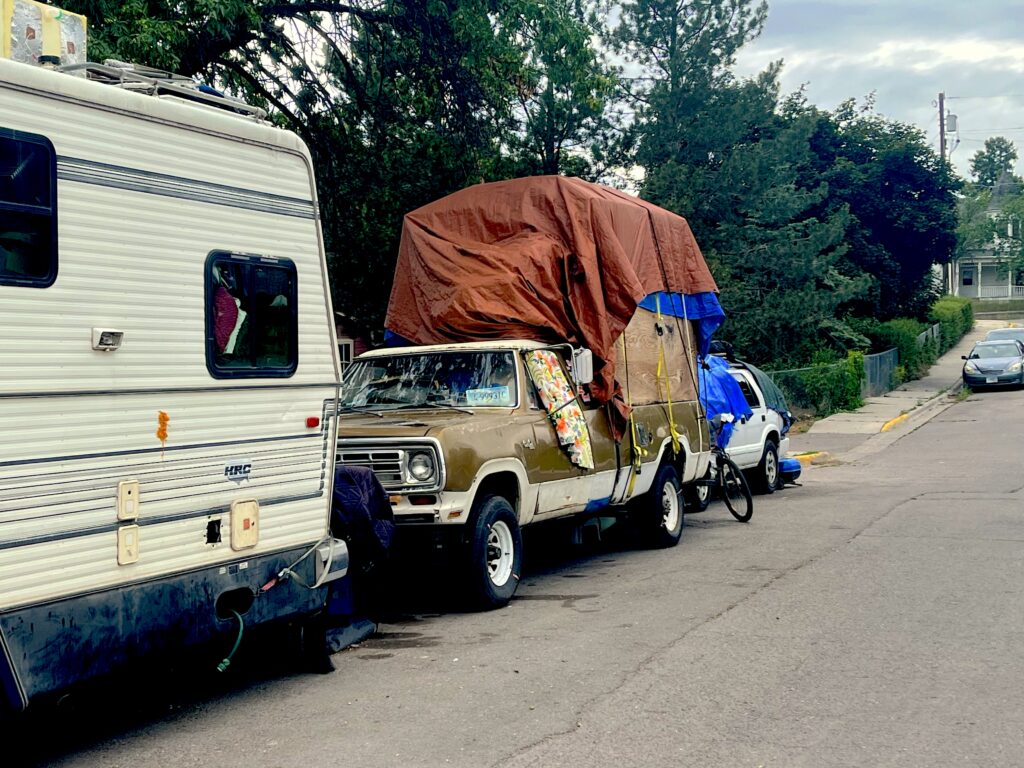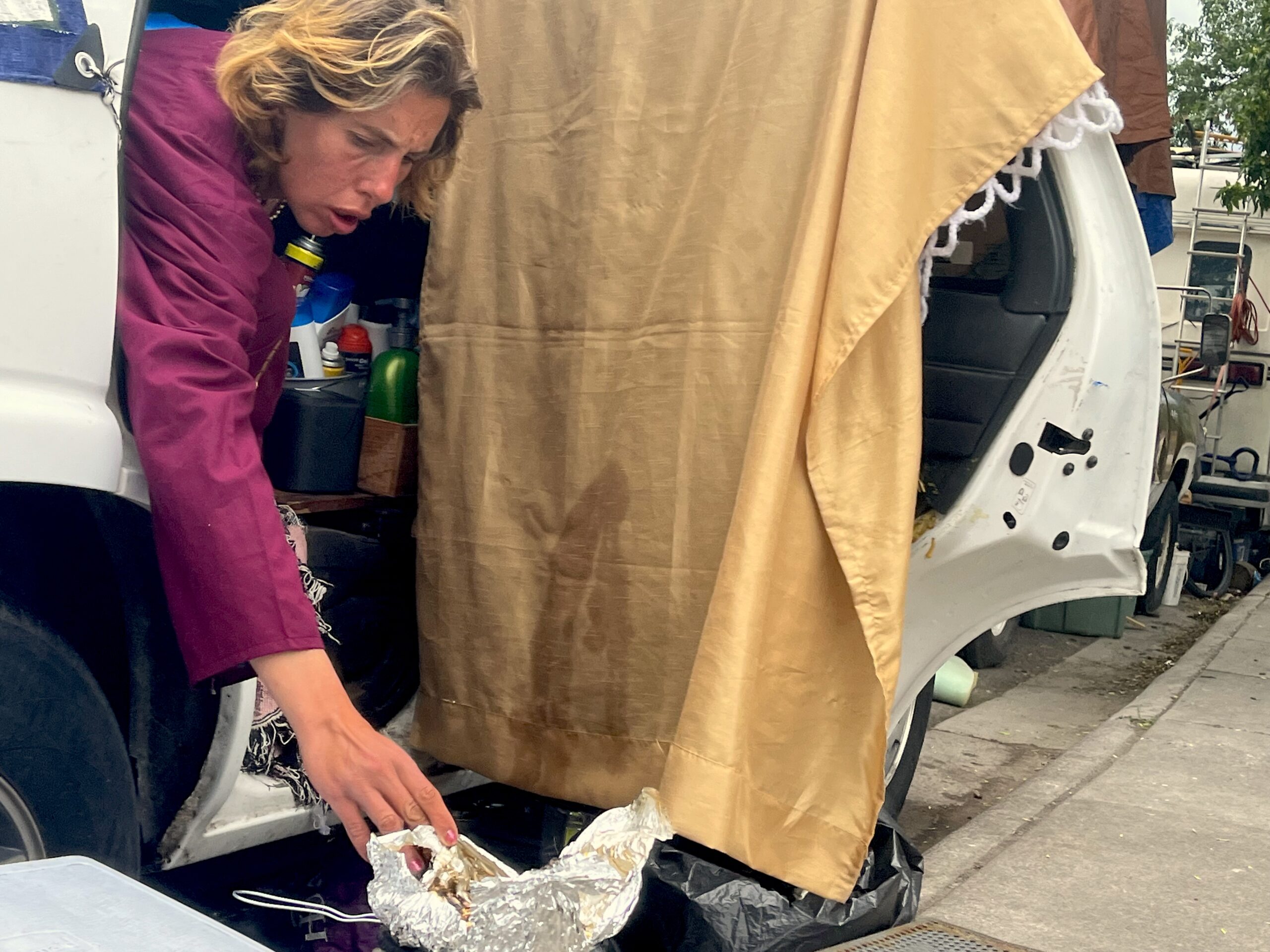In a strikingly ironic and eyebrow-raising set of circumstances, the Missoula City Council passed an ordinance at last Monday’s City Council meeting, legalizing public camping and codifying where camping on public property is permitted. This new ordinance came just days before the U.S. Supreme Court affirmed municipalities’ authority to enforce laws banning public camping in City of Grants Pass v. Johnson.
The Supreme Court’s decision, which came last Friday, clarified that enforcing public camping bans does not violate the Eighth Amendment’s prohibition against cruel and unusual punishment. The ruling invalidates a common refrain from city employees, ward members, representatives, and law enforcement who say their hands were tied from acting to clean up the streets until the Supreme Court’s decision.

Where Camping is Allowed in Missoula
Missoula City Council has designated general areas where camping on public property is permitted:
- 100 feet or more away from any structure containing a residential dwelling unit.
- 100 feet or more away from a public entrance to a commercial business or non-profit organization.
- 300 feet or more away from a block or lot containing a school or daycare.
- 1,000 feet or more away from any shelter facility.
- 600 feet or more away from a “Mayor-designated safe” parking/camping site.
- Outside of conservation lands.
- Outside of McCormick Park, Caras Park, Westside Park, and 100 feet or more away from certain park amenities.
- Not within 10 feet of bike lanes, trails, pathways, or sidewalks.
- 50 feet or more away from the water’s edge for Clark Fork River, Rattlesnake Creek, or Grant Creek.
- Between the hours of 8pm and 8am
The new ordinance also establishes a “vehicle camping permit system” that allows individuals living in their vehicles to stay parked in certain areas for up to 90 days before law enforcement could address the situation. The city will also be drawing up a map that will indicate where public camping is permitted.
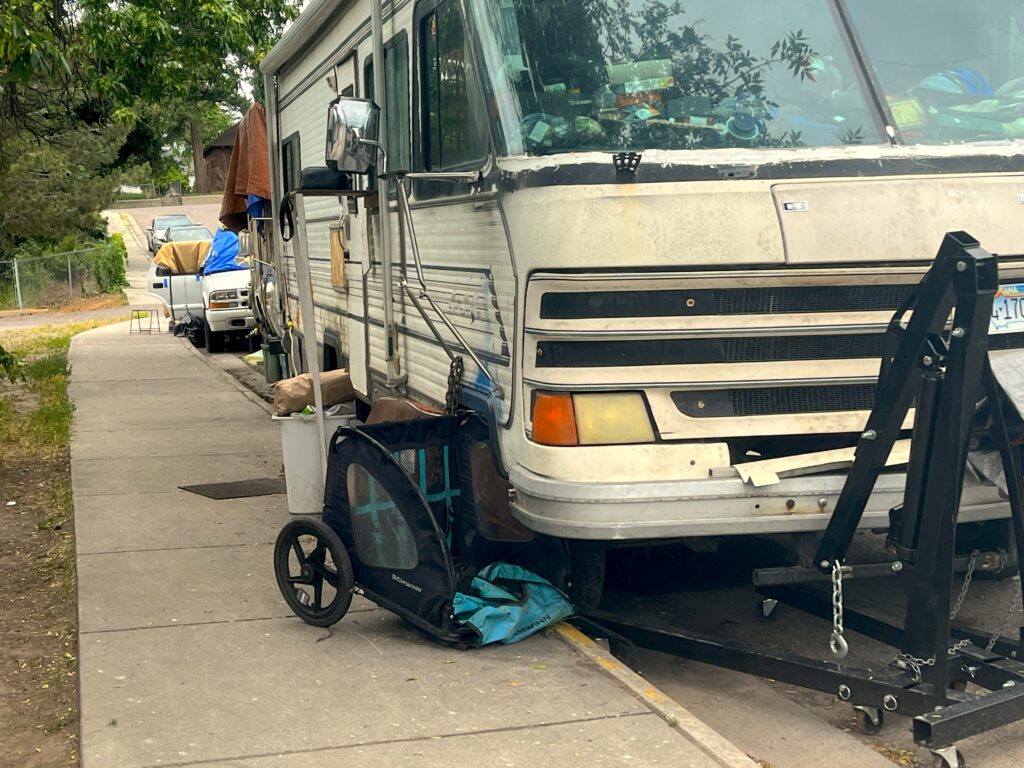
Reaction from State Attorney General Austin Knudsen
Montana Attorney General Austin Knudsen praised the Supreme Court’s ruling as a significant victory for Montana cities dealing with unsafe public spaces and criticized Missoula and Bozeman for not enforcing laws preventing public areas from becoming homeless encampments.
“This is a huge win for cities across Montana that are suffering from unsafe public spaces,” said Knudsen. “For too long, local governments have been unable to address the rampant homeless camps and their side effects in communities across the state because their hands were tied. Cities like Bozeman and Missoula can’t hide behind the lower court’s flawed decision any longer. Now, they can enforce the laws that stop Montana streets from becoming camps for the homeless.”
The Attorney General’s office said that Knudsen led the 24-state effort calling on the Supreme Court to reverse the lower court’s decision in March.
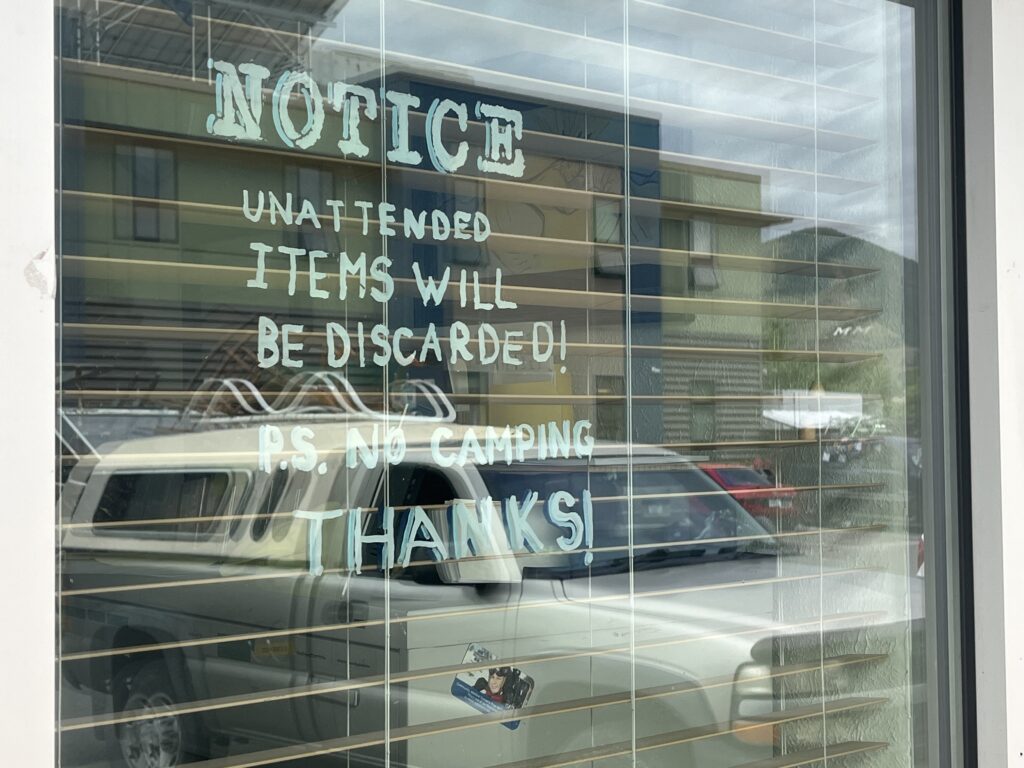
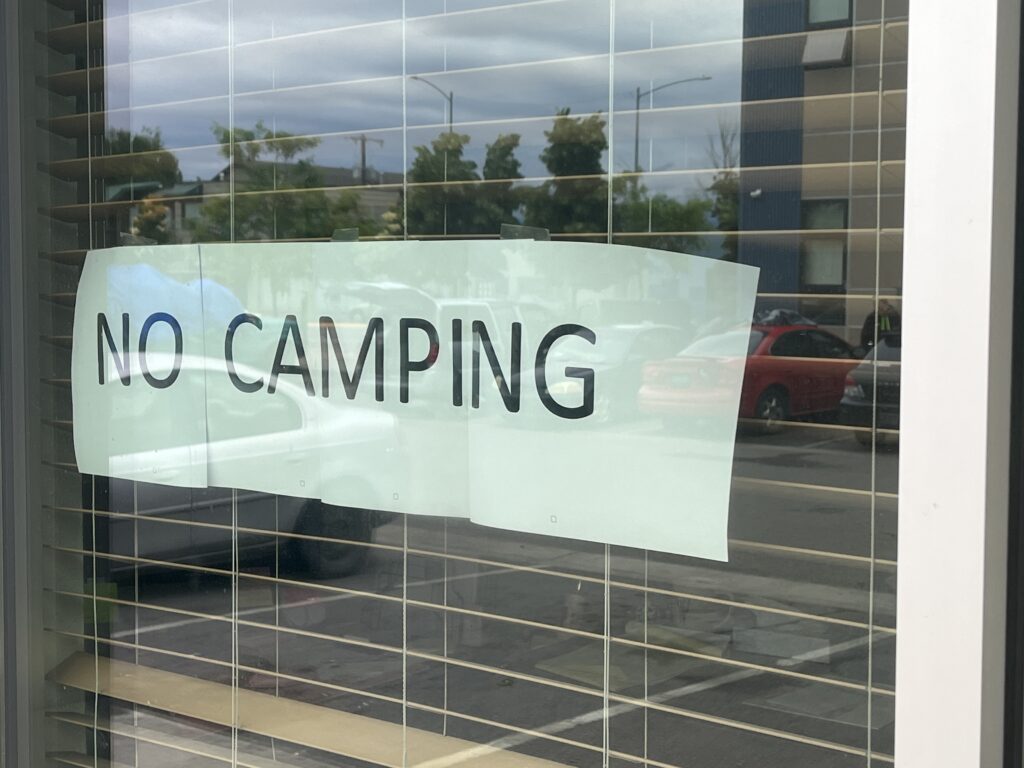
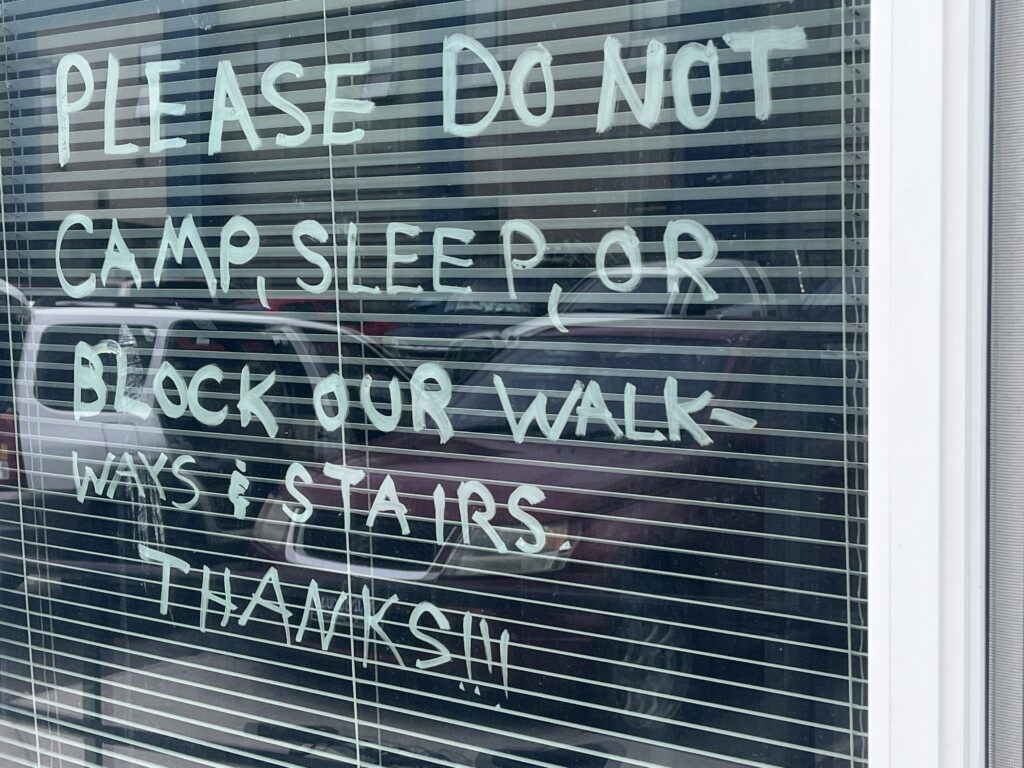
Background on the Supreme Court Decision
Last Friday, the U.S. Supreme Court issued a landmark decision in City of Grants Pass, Oregon v. Johnson, addressing the legality of public camping bans. Grants Pass, a city in Oregon, faced legal challenges against its ordinances prohibiting camping on public property. These laws were challenged on the grounds that they violated the Eighth Amendment’s prohibition against cruel and unusual punishment.
The Ninth Circuit Court of Appeals had previously ruled in Martin v. Boise that such laws could not be enforced when homeless shelter space was inadequate, effectively barring cities from clearing homeless encampments unless they provided sufficient shelter alternatives. This decision sparked legal battles across western cities grappling with homelessness issues.
In response to mounting legal challenges, 24 states, including Montana, urged the Supreme Court to review and reverse the Ninth Circuit’s ruling. The Court’s decision, delivered in June 2024, overturned the Ninth Circuit’s interpretation, holding that enforcing generally applicable laws regulating camping on public property does not constitute cruel and unusual punishment under the Eighth Amendment. The ruling provides cities like Grants Pass and Missoula greater latitude to manage public spaces and address concerns related to public safety.
